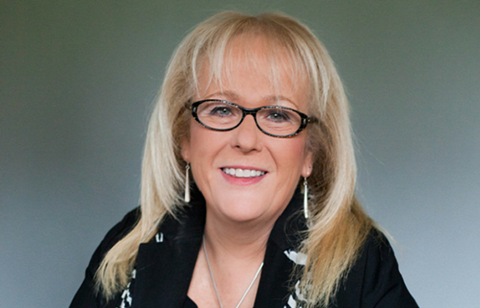
The Institute of Leadership & Management undertook research last year into the values that are espoused by organisations and those that individuals hold, to discover whether there is alignment between the organisation and its employees, and who decides the organisational values that employees are expected to live.
Although it did not appear in the top 10 values at an organisational level, male and female employees both highlighted the importance of fairness, which did appear in the top 10 for individuals. So any recognition scheme must be seen as fair. This is absolutely fundamental because if it is considered unfair, it will do more damage than good.
So how do employers achieve fairness? They have to really think very hard about the criteria for recognition and there must be a criterion that is transparent, and can be talked about openly. Employees must know in advance how they are going to achieve recognition because behaviours in different teams and different functions vary; there are micro-cultures within organisations, just as there is a macro culture. One recommendation would be that employers create bespoke recognition schemes for different sections of an organisation because what is considered a normal activity in one area, might be regarded as going the extra mile in another.
As with any scheme that seeks to recognise and reward individuals, what is so often overlooked is how to consider the employees who do not achieve an award and do not receive the recognition for abiding by business values. How will these employees be managed? If it is a well-organised and well-crafted scheme, there will be a sense of disappointment at not being among the successful. How will the employer ensure that in the drive to reward one person, it does not adversely impact others?
One solution is to think about the frequency or the number of these awards. I do not mean that we should make sure everybody gets one, because then, of course, that undermines the extra effort that employers are trying to encourage, but rather to develop a programme in which everybody has more than one chance of being successful.
Finally, somebody has to own the results. There has to be a right of appeal or at least some means of staff being able to ask why the winners won, but without clear and transparent criteria, which is a difficult thing to do. If the net benefit of a recognition scheme is to be positive, especially if it offers a big prize, it needs careful thought regarding the sense of loss felt by those who do not win the prize; this could be quite significant. Without clear and transparent reasons for the judgements, an employer might get a huge amount of energy and attention focused around the unfairness of it, which takes me straight back to the first point about the importance of fairness.
Overall, employers need to approach with real caution and be very clear about what it is they are hoping to achieve from the scheme. And never forget employees who are not recognised. Always consider the impact on them and whether or not being a winner is going to make them want to try harder or disengage further.
Kate Cooper is head of research, policy and standards at The Institute of Leadership & Management.
Read more...
How recognition schemes can help employers to foster good behaviours





























